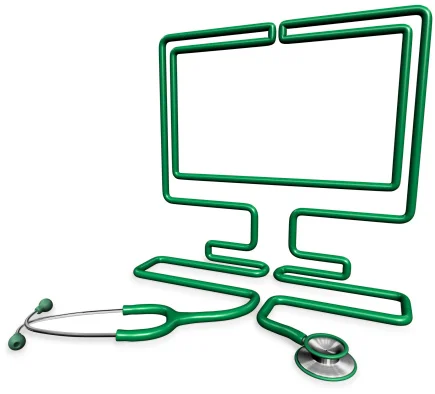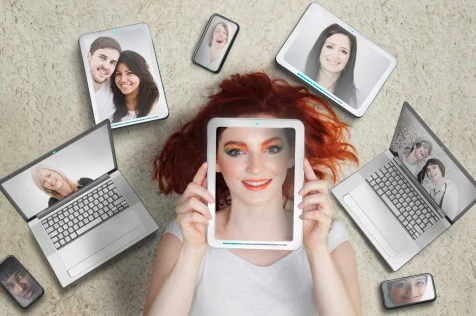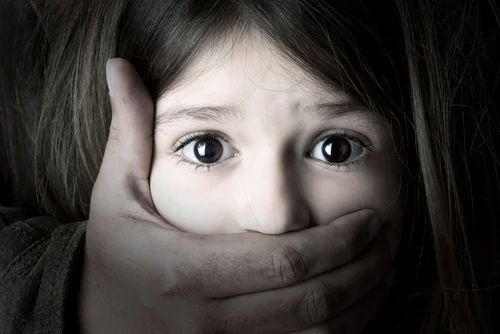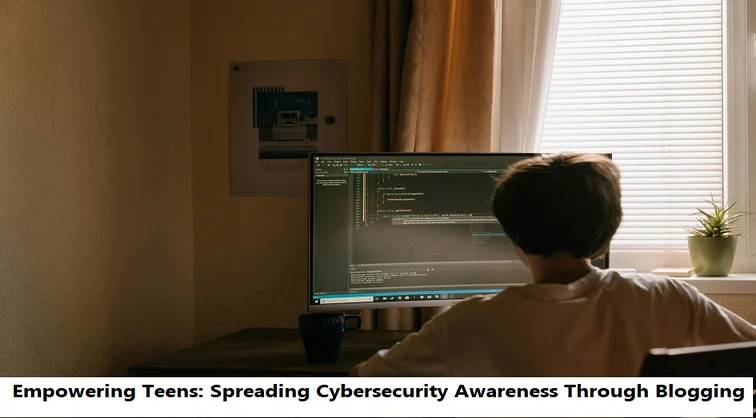+1 845 259 2974 (11 a.m to 7 p.m CST)
Cyberchondria among teens: Playing doctor without medical consultation

Each year, millions of American teens report experiencing weeks of hopelessness and loss of interest in normal daily activities and many of these depressed teens are using marijuana and other drugs, making their situation worse, according to a new White House report. And these are just a few of the teens who are self-diagnosing on the internet with a disease and rely on self-medication to treat it without consulting a doctor or even their parents, leading to serious consequences.
Eight in ten internet users diagnose symptoms online by hitting health websites like WebMD and Mayo Clinic to get their health-related questions answered, according to a survey conducted by Pew Internet and American Life Project. A substantial number of these internet users are teens who go on to diagnose themselves for a disease and use medication to treat it without consulting a doctor or an adult. While there is no doubt about the credibility of sites such as WebMD and Mayo Clinic, experts predict that this information leads millions of teens to misdiagnose their health problems.
Judy Segal, a professor of English at the University of British Columbia who works on the cultural studies of medicine, thinks it is important to stay up to date about health-related issues but because information on the internet is plentiful, readily available and unsorted, it becomes easy for the already vulnerable teens to jump to conclusions.
What should teens do with all this information?
Experts suggest that most of the information that is available online is accurate but a majority of teens have no idea how to use all this information for their benefit. Segal further says that medical problems are very complicated and anyone who lacks a medical background can potentially jump to false conclusions. Experts believe that medical information that is so readily available on the internet encourages cyberchondria in teens.
Hyperchondria
Hyperchondria, a medical condition itself, which forces a person to be concerned about his or health to such an extent that they tend not to believe physicians when they tell them there’s nothing wrong with them. When With all this information at your teen’s disposal, it’s easy for them to turn into a hyperchondriac and be misguided.
What can parents do if their teen is diagnosing him or her?
Perusing statistics, we can say that most of the medical information on the internet is authentic. Teens can easily access this information but they don’t know the correct way to use it. They can jump to conclusions and diagnose themselves with a disease without consulting a physician or parents.
To avoid this from happening, it is important that parents stay connected with their teens and encourage communication so that kids can share their worries and fears with you. Allow them to ask questions and try to answer as honestly as possible. If you are not sure how to answer a particular question, tell them that you can find out by consulting your family doctor.
Encourage them to reach out to your family doctor and share any problems they have, instead of jumping to conclusions themselves.























